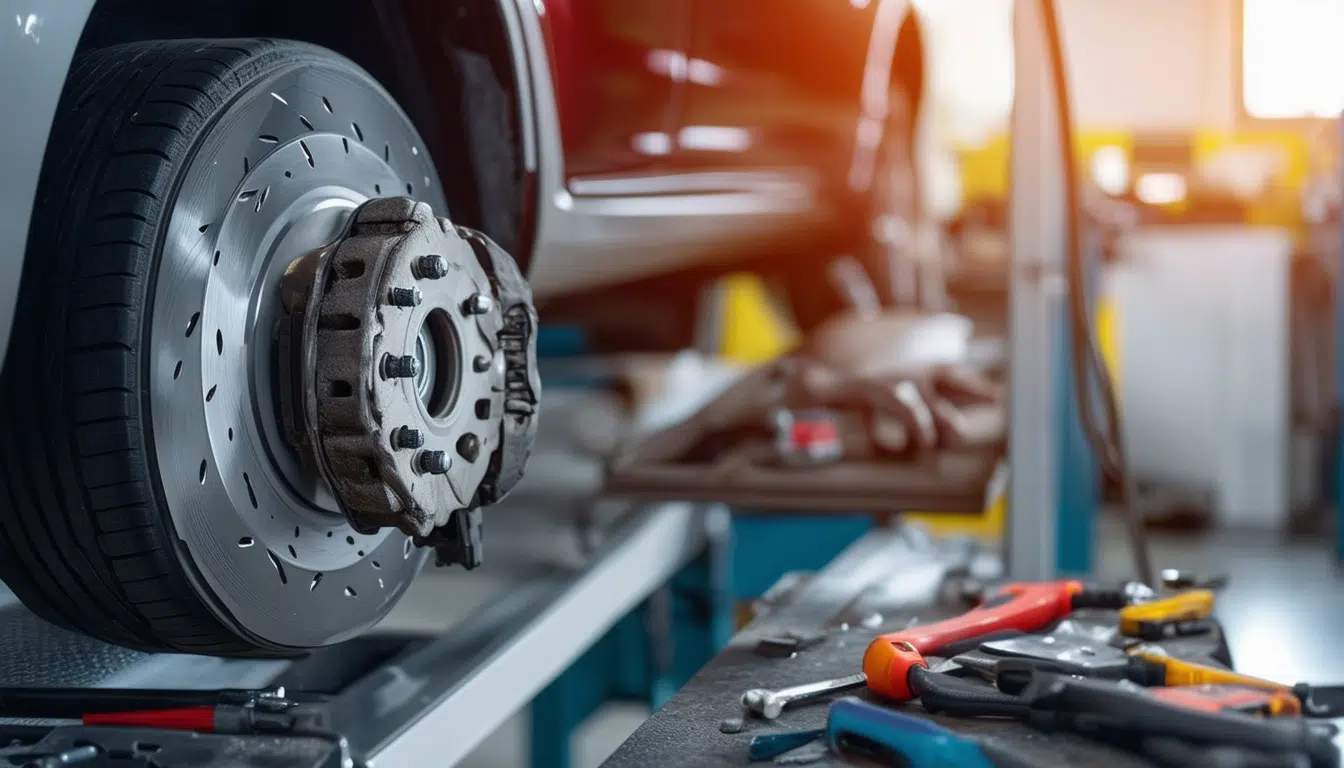How maintaining your brakes can influence fuel consumption

The proper maintenance of brakes is essential not only for the safety of the vehicle but also to optimize fuel consumption. Efficient driving, which includes the use of the engine brake when decelerating, can help reduce gasoline expenses, decreasing the engine’s effort. Additionally, well-maintained brakes contribute to a more effective overall performance of the vehicle, resulting in significant savings in operating costs. Understanding the connection between brakes and fuel consumption is crucial for any driver looking to improve their driving economy.
The relationship between proper brake maintenance and fuel consumption is a crucial aspect that many drivers overlook. Good brake condition not only ensures safety while driving but can also help to optimize gasoline usage. Throughout this article, we will explore the various ways effective brake maintenance influences fuel consumption and offer practical tips to achieve it.
Importance of proper brake maintenance
Brakes are an essential component of the vehicle that plays a key role in safety and overall performance. Proper maintenance ensures that the braking systems function optimally, which not only enhances the safety of the driver and passengers but can also have a significant impact on fuel savings.
Efficient driving and brake care
One of the keys to keeping brakes in good condition is to adopt an efficient driving style. Driving smoothly, avoiding sudden stops, and using the well-known “engine brake” when possible can contribute to lower fuel consumption. By decelerating gently and releasing the accelerator, fuel supply can be reduced, resulting in significant savings in fuel expenses.
How brake wear affects fuel consumption
Wear on brake pads or discs can severely affect vehicle performance, increasing resistance and, consequently, fuel consumption. When brakes are worn, the engine has to work harder to overcome this additional resistance, leading to higher fuel consumption. Therefore, it is essential to carry out regular checks and replace parts that show signs of wear.
Tire alignment and its impact on fuel consumption
In addition to brake maintenance, another important aspect is the alignment and pressure of tires. Driving with underinflated or misaligned tires not only affects safety but can also increase fuel consumption. Properly aligned tires with the correct pressure can enhance vehicle efficiency and decrease gasoline expenses. For more information on this topic, see the following link: Driving with underinflated tires: effects on safety and vehicle performance.
Regular inspection and maintenance of brakes
It is essential to establish a regular maintenance program for brakes. This includes checking the condition of pads and discs, as well as changing the brake fluid when necessary. Good maintenance not only prolongs the lifespan of components but also ensures efficient operation of the braking system. Regular checks can prevent serious issues that could result in higher fuel consumption in the long run.
Additional benefits of keeping brakes in good condition
In addition to better fuel consumption, keeping brakes in good condition also helps to reduce long-term maintenance costs. Less wear on other vehicle components means fewer costly repairs and greater overall durability of the car. For more information on the cost of brake replacement and determining factors, you can read here: Cost of brake replacement: budget and determining factors.
Conclusion
Maintaining brakes in perfect condition is essential not only for safety but also to optimize fuel consumption. Adopting effective driving practices and performing regular maintenance can lead to significant savings and better vehicle performance. Likewise, being aware of tire alignment and other related factors will contribute to a more economical and efficient driving experience.
The relationship between brake maintenance and fuel consumption
Proper maintenance of brakes not only ensures safe driving but also has a significant impact on fuel consumption. Many drivers are unaware that poorly maintained brakes can incur additional gasoline costs by causing the engine to work less efficiently when braking abruptly.
One of the driving techniques that helps keep brakes in an optimal state is the use of the engine brake. When decelerating the vehicle by releasing the accelerator, fuel supply is reduced, which in turn contributes to considerable savings. This method not only alleviates wear on brake pads but also favors fuel efficiency. Utilizing the engine brake is a recommended practice that helps prolong the life of brakes.
Moreover, keeping tires in good condition, with the proper pressure and aligned, is also vital. When wheels are properly inflated, the vehicle moves more smoothly, reducing friction and decreasing fuel usage. Thus, good overall vehicle maintenance, including brakes, translates to lower gasoline expenses and reduced maintenance costs.
Therefore, performing regular inspections and ensuring all components of the braking system function properly is essential not only for safety but also for the vehicle’s economy. More efficient driving and correct brake maintenance go hand in hand, allowing drivers to enjoy a more economical and pleasurable experience behind the wheel.




